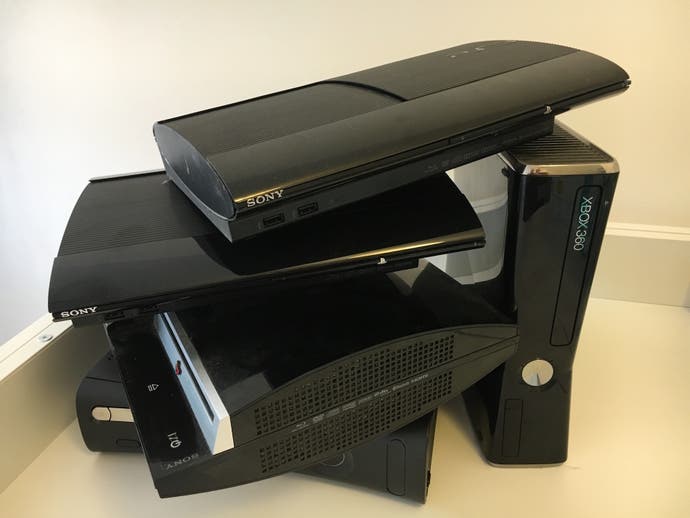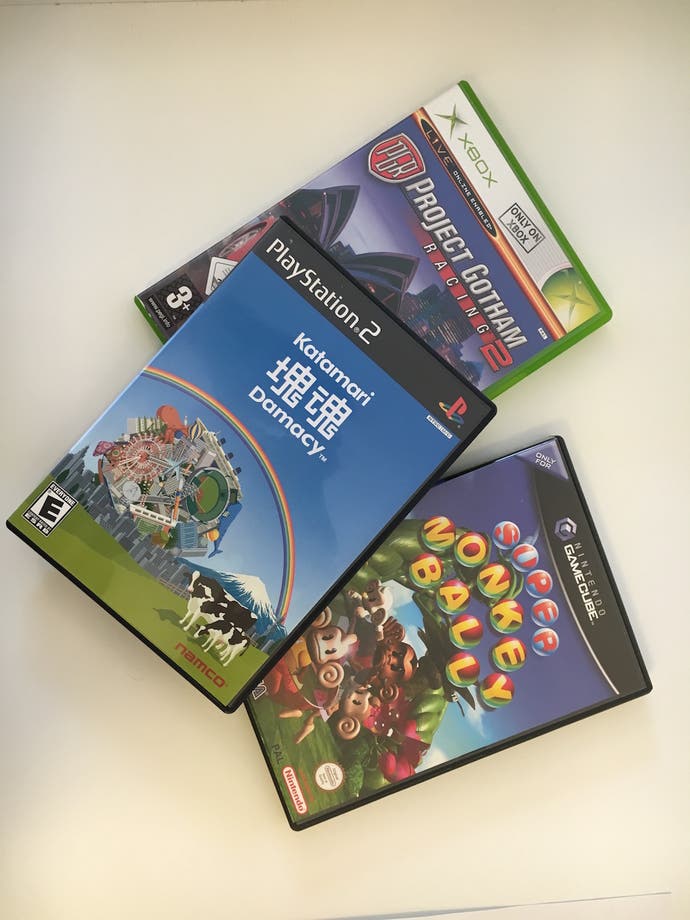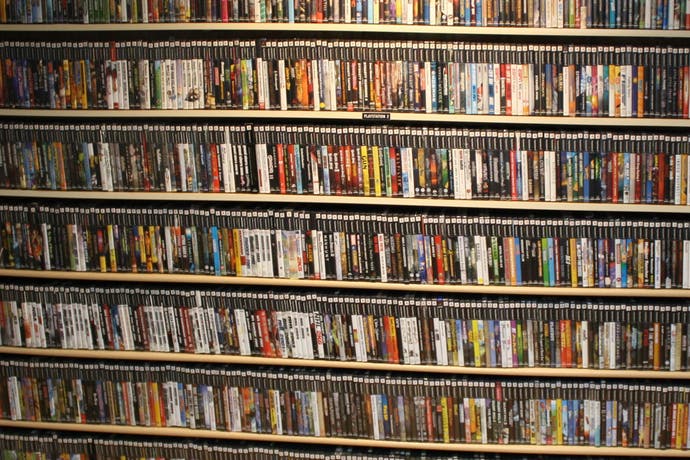Life after console generations has one big upside
Why should we welcome PlayStation Neo and Xbox Scorpio? There is a reason.
Later today, Sony will reveal the console codenamed PlayStation Neo - a more powerful version of the PlayStation 4 which will, reportedly, run the same games at higher resolutions or otherwise enhanced. Alongside the similarly conceived Xbox Scorpio, due next year, Neo represents a major departure from industry orthodoxy that will change the fundamental business model of games consoles.
This is the end of console generations as we know them: fixed platforms that offer total compatibility of hardware and software and an identical experience from one user to the next. These platforms have tended to live for somewhere between five and ten years, before being replaced by a new machine that is vastly more powerful and might be compatible with your previous games, but probably isn't.
In our brave new world, though, it looks like we're going to be offered a new machine every three or four years instead, offering incremental advances in power and features along with backward and forward compatibility of games. It's more akin to PC gaming, or perhaps more accurately the smartphone market, where the quality of your experience will be defined by the depth of your pockets and your willingness to upgrade your hardware early and often. They've been called mid-generational upgrades, but that seems to me a misnomer, because in theory this model can be rinsed and repeated over and over again. In a very real sense, this could be the last console generation.
This hasn't gone over well with all console gamers, and not just because we fear change. The arguments against have been well put here on Eurogamer by Martin in response to the confirmation of Neo and Rich Stanton in the aftermath of Scorpio's announcement at E3. Early adopters of the existing models feel duped and short-changed. The egalitarian console communities will be broken into first- and second-class citizens, and the stability and simplicity of console ownership will be shaken. It seems inevitable that console gaming is going to get more expensive as the platform owners, liberated from painful and costly generational transition periods, force the pace. The difference between console platforms and PC - already slight this generation, from an engineering perspective - all but vanishes, and PC's customisability and cheaper games suddenly look quite appealing. It's all true - and most gallingly, it was almost certainly the plan from the start.
But there is one reason to welcome PlayStation Neo and Xbox Scorpio, and for me it is as powerful as it is simple. We get to keep our games.

I'm having a clear-out at home (baby on the way). That, as I am sure many reading this will recognise, means dealing with the Games Problem. This hobby generates an inordinate amount of dusty clutter, and much of it is even harder to rationalise than my shelves of rarely-played vinyl records and DVDs - for the simple reason that it's impossible, or at least a pain, to use.
Unless you are the kind of hobbyist with the space and dedication to keep old consoles set up, game collections go out of date with alarming speed. The rate of obsolescence in console gaming, compared to other media formats, is obscene. My copies of Katamari Damacy, Project Gotham Racing 2 and Super Monkey Ball - three of my all-time favourites, but hardly ancient - are just for sentimental show, because I no longer have the means to play them at all. Even games as recent as The Last of Us and Grand Theft Auto 5 would take some digging in crates, dusting off controllers, untangling USB cables and leaning precariously behind the TV to actually play. Good thing I can buy those again in remastered editions - which I can file ironically next to my copy of Ico & Shadow of the Colossus Collection, a five-year-old re-release that's already past its sell-by date. In the corner of my study I have an Xbox 360 which I can hardly bear to part with for the sole reason that its hard drive holds a copy of the now-deleted download game, OutRun Online Arcade - but it might have to go regardless.

This is a ridiculous situation. The flipside of the immutable stability of old-school console generations is that, when they expire, they create tidal waves of functionally dead plastic that fill houses, and whole eras of brilliant video games that feel just out of reach. For many people, it's easier to let go than try to keep on top of all this stuff, and so game collections become sadly transient things that span years instead of decades. It impoverishes everyday gamers, and it impoverishes game culture as a whole. It's sad that nobody plays Katamari any more.
So I'm delighted that both Sony and Microsoft intend to lay this era to rest. It's clear, from leaks in Sony's case and from stated policy in Microsoft's, that both Neo and Scorpio will play every existing and future Xbox One and PS4 game. It is a quite reasonable hope that this policy will extend to their eventual successors, too. (And it cuts both ways, with the older consoles guaranteed to support every game for the life of their immediate successors - though compatibility beyond that point is, perhaps, more doubtful.) I love the idea that I can replace my console without having to sweep its library into irrelevance. It makes this generation's spate of remasters much easier to swallow if they will preserve those games for another decade or more - and makes the tireless efforts of those Xbox engineers working on Xbox 360 backwards compatibility for this final generation seem positively heroic.
Consider your Steam library: it probably contains the first game released for the platform, Half-Life 2, which came out almost 12 years ago. Steam has greater depth and girth than any console library in history, and it will only grow, and grow, and grow, with every game released for it no more than a click and a download away. This - with the considerable caveat that your ownership of these games only exists as long as Valve chooses to honour it - is how it should be. If the console manufacturers can make the PlayStation and Xbox libraries just as enduring, it will be a great thing for gaming, especially if they extend that policy to physical as well as digital copies of games.
I understand the scepticism and resignation with which many gamers approach these new consoles. It's well deserved, and to some extent I share it. But you know what - if it means I never have to drop my copy of The Witcher 3, with a wistful sigh, in the box marked "eBay/charity shop", it will be worth it.

